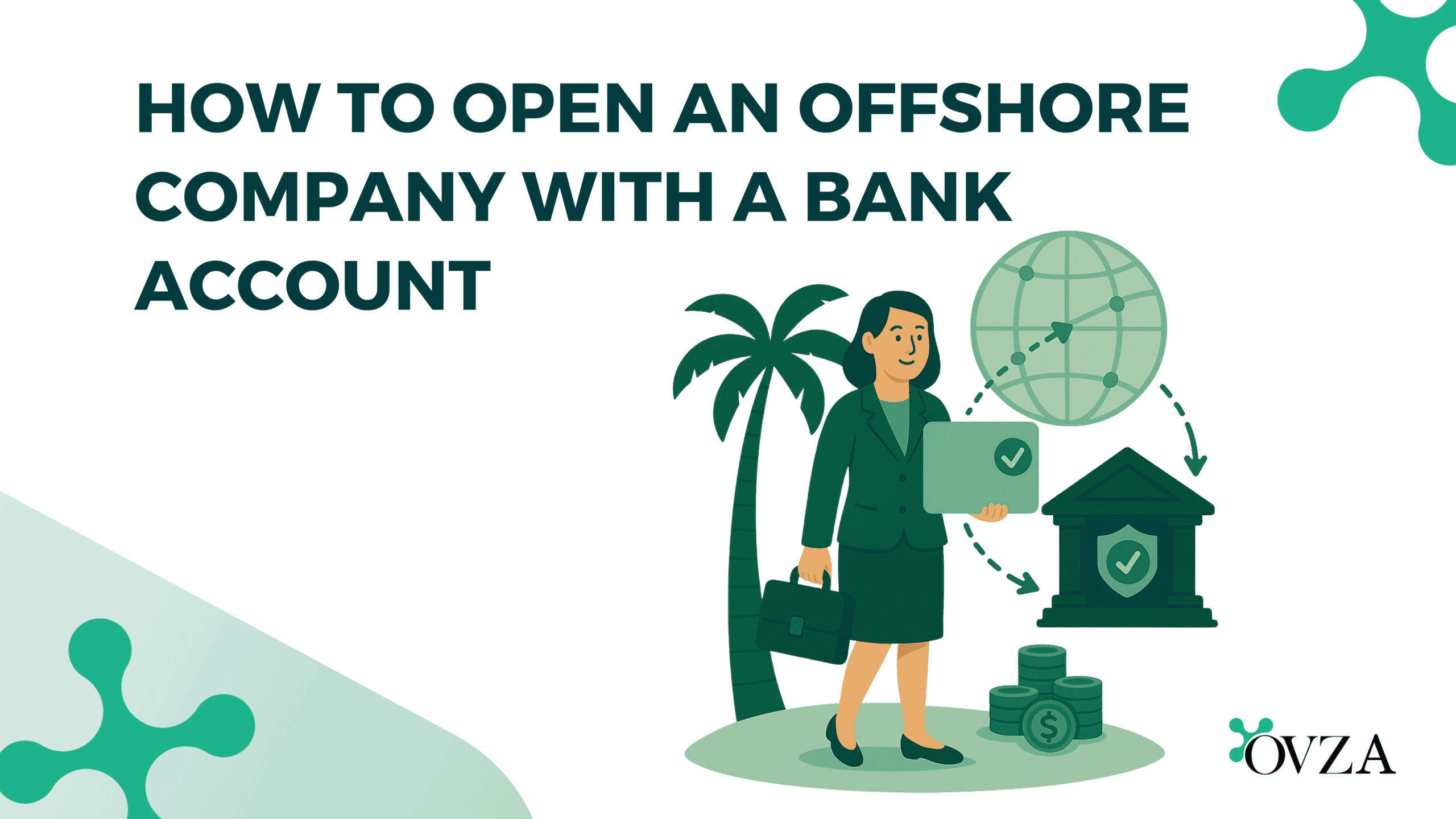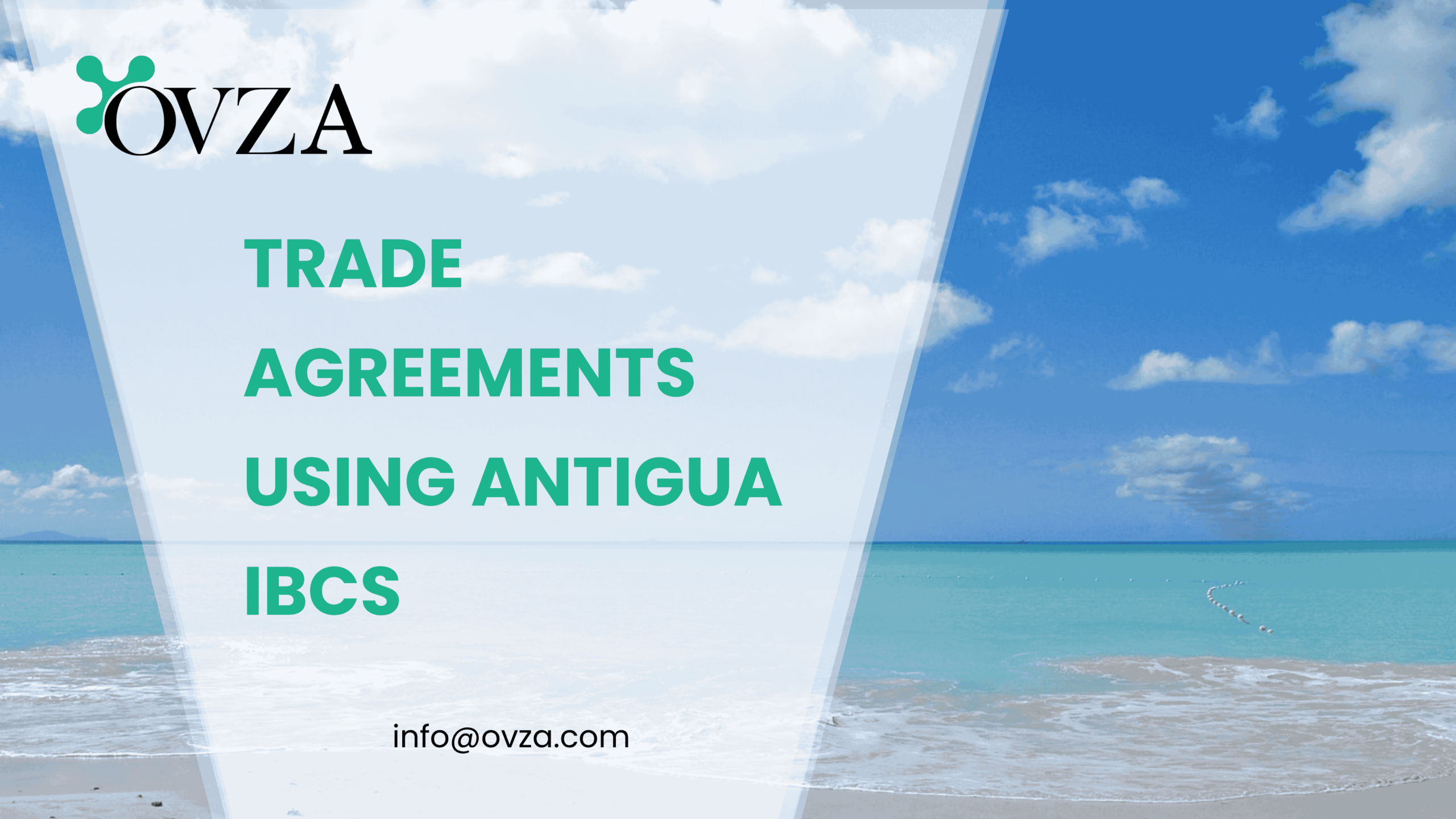To open an offshore company with a bank account is to unlock access to global business infrastructure and international asset protection tools. Yet forming the company is only half the process—without access to a bank account, the entity is functionally limited. To open an offshore company with a bank account today, one must navigate a complex intersection of legal formation requirements and international financial compliance standards.
This article provides a comprehensive overview of how to open an offshore company with a bank account in 2025, from selecting the right jurisdiction to fulfilling due diligence obligations. Whether your goal is global trading, asset protection, or launching an online platform, you will need a legally sound corporate structure paired with a functioning international financial account. Achieving this involves legal incorporation, selecting the correct bank or EMI, and passing regulatory checks based on transparency, documentation, and business legitimacy.
Step 1: Choose the Right Jurisdiction for Incorporation
The first step to open an offshore company with a bank account is to select the jurisdiction where the company will be legally incorporated. This decision should be based on corporate law, cost, privacy protections, and whether the jurisdiction is suitable for your business model—not necessarily on where you intend to bank. In modern offshore planning, the company’s place of registration and the banking institution’s location are usually different.
Jurisdictions such as Seychelles, Belize, British Virgin Islands (BVI), Nevis, and the Cayman Islands are commonly used for offshore incorporation. These jurisdictions offer legal entities like International Business Companies (IBCs) and Limited Liability Companies (LLCs) that are designed for international operations and offer exemptions from local taxation.
Your goal when choosing the jurisdiction is to create a valid and compliant legal structure that can later be used to open an offshore company with a bank account in a separate financial center—such as Switzerland, Lithuania, or the United Kingdom. It is not necessary or even advisable in many cases to open the account in the same country where the company is registered.
Step 2: Structure the Company with Banking in Mind
Once the jurisdiction is selected, the company must be structured carefully to increase the chances of banking approval. To open an offshore company with a bank account, the business must have transparent ownership, clearly defined activities, and a plausible economic purpose. Even if the jurisdiction permits nominee directors or anonymous shareholders, many banks will not accept such structures unless full documentation is provided under KYC (Know Your Customer) policies.
The company formation process typically includes preparing the Memorandum and Articles of Association, appointing directors and shareholders, assigning ownership percentages, and issuing shares. At this stage, you should also determine whether the company will require a local registered office, economic substance reporting, or annual filing obligations. These factors can impact your ability to open an offshore company with a bank account, especially if the bank evaluates ongoing compliance risks.
It is also important that the declared business activity is both specific and verifiable. For example, describing your operations as “international trade” or “consulting” without any supporting detail will raise red flags. Banks expect a clear description of what the company does, how it generates income, and who its clients or partners are. Without that, you may form the company successfully but fail when trying to open an offshore company with a bank account.
Step 3: Prepare the Required Due Diligence Documents
Before you can open an offshore company with a bank account, you must gather and submit a full due diligence package to the chosen financial institution. This includes identity documents for all directors, shareholders, and beneficial owners, along with proof of address, source of wealth statements, and corporate records. In some cases, banks may also request notarized documents, certified translations, or apostilles, depending on their internal policies.
Most banks and Electronic Money Institutions (EMIs) will reject incomplete applications or those that contain inconsistencies. To open an offshore company with a bank account without unnecessary delays, it is crucial that your documents are current, correctly formatted, and consistent with what was submitted during company registration.
The application must also demonstrate that the company is not a shell entity. You may be asked to provide evidence of a website, business plan, draft contracts, or commercial invoices. The stronger your documentation, the higher the chance you will be able to open an offshore company with a bank account, even if you are applying remotely.
Step 4: Choose the Right Bank or EMI
Choosing the financial institution is arguably the most important decision in the process. Most offshore companies do not open accounts in their country of registration. Instead, they work with banks or EMIs in well-regulated jurisdictions that offer remote onboarding, multi-currency accounts, and compliance with international standards.
If you plan to open an offshore company with a bank account for a crypto-related or high-risk business, you will likely need to use an EMI licensed in the European Union or the UK. These institutions offer account functionality similar to traditional banks, including IBANs, SWIFT access, and debit cards—but often with more flexibility toward offshore entities.
Traditional banks tend to be stricter and will only work with offshore companies that have strong documentation, a clear business model, and a clean compliance record. Some also require a licensed introducer or legal intermediary. Without a credible intermediary, even a fully compliant offshore company may fail to open an offshore company with a bank account due to internal restrictions or derisking policies.
Conclusion
To open an offshore company with a bank account requires more than just registration—it demands strategic planning, jurisdictional awareness, and full compliance with international banking standards. While the company and the bank account are often established in different countries, both must align legally and operationally. With proper documentation and the right partners, it remains entirely possible to open an offshore company with a bank account that is fully functional and compliant.
The chart below sets out the required steps to register an offshore company with a bank account:
| Step | Action |
| Step 1 | Choose the right jurisdiction for incorporation |
| Step 2 | Structure the company with banking in mind |
| Step 3 | Prepare the required due diligence documents |
| Step 4 | Choose the right bank or EMI |
Disclaimer: The information provided on this website is intended for general reference and educational purposes only. While OVZA makes every effort to ensure accuracy and timeliness, the content should not be considered legal, financial, or tax advice.










